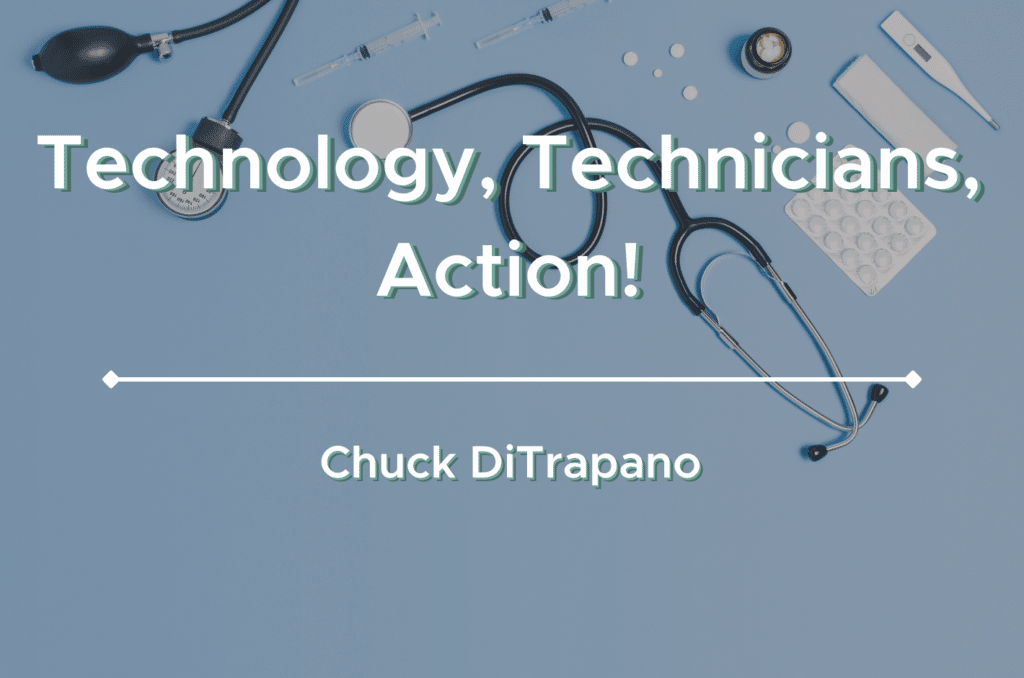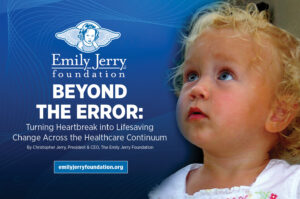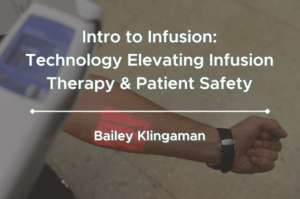RxToolKit Founder Chuck DiTrapano explores the current challenges and potential successes that technology and pharmacy technicians can have in the healthcare industry.
The profession of pharmacy has certainly evolved in the years since my graduation and licensure. Significant improvements to patient care and an increase in quality outcomes are evident to any long-term observer of the profession. But this progress has revealed a major vulnerability. My goals are to bring this deficiency to light and to do something about it.
In addition to being the president and founder of RxToolKit, I was formerly the operations manager of a large (700 bed) hospital. The pharmacy department there was fortunate to have the latest technology and a state of the art facility. They even provided a PGY 1 residency program and acted as a practice site for six different local schools of pharmacy.
As I interacted with students and residents, two things became apparent:
- They are much better prepared for the clinical challenges of the profession than I was at that stage of my career
- Most have little or no interest in operational jobs like mine (focused on dispensing and distribution)
Both observations make sense when you see the expanded role pharmacy is taking into so many different areas. In most hospitals now there are many different specialized areas in the pharmacy: clinical specialists, oncology specialists, and anticoagulant specialists.
Those clinical positions are the most sought after by recent graduates and the ones they are most prepared to do. But I wonder, “In the future, who is going to take care of dispensing and distribution?”
I ask that question often and the answer that I usually receive is, “These jobs will be done by technology and technicians.”
My reaction is two-fold, “You really don’t understand the limitations of the existing technologies” and “Where are we going to find these technicians?”
Technology
As I mentioned, the hospital where I formerly worked had the very latest in pharmacy technologies, including state of the art robotics. I am absolutely a strong proponent for technology and my company RxToolKit offers many technologically based solutions.
Frequently, technologies are singular components in a larger workflow involving many moving parts.
As an example, let’s look at preparing a NICU stock solution and then repackaging the solution into individual syringes. Normally the following separate silos of technology are utilized:
- Printer Application: Print the stock solution label capturing lot numbers / expiration dates
- Barcode Verification Application: Barcode verify ingredients in preparation
- Follow Established Procedure: Paper or electronic, centrally stored for reference
- Printer Application: Print syringe labels for repackaging the stock solution dose into a syringe
- Electronic or Paper Storage: Logging all of this in a book or online for regulatory compliance and quality control
Often times, these individual technology silos can be extremely expensive, severely limiting their practical use in smaller hospitals.
 And I caution, that technology alone is not the answer. I have yet to see a technology that can be a substitute for understanding workflow and a well designed process. And even the best technology won’t work without well-trained people and an established process.
And I caution, that technology alone is not the answer. I have yet to see a technology that can be a substitute for understanding workflow and a well designed process. And even the best technology won’t work without well-trained people and an established process.
Technicians
I drive a car. Before I could get behind the wheel, I had to prove my competency with both a written and observational exam.
I get my hair cut at a local barber. My barber has a framed license hanging on the wall proving her competency at cutting hair.
If I were admitted to a hospital in the United States, a pharmacy technician would almost certainly prepare any drugs given to me.
Would there be a license I could point to that would demonstrate their competency? In almost every state in the country the answer is NO! Only 16 states currently require licensure as of this post, please see this post and the interactive map on the Emily Jerry Foundation’s site for more information.
Most hospitals do have an internal training program or may require technicians to pass a national certification exam. But there is no consistent, enforceable, governmental mandate. Who is responsible if something goes wrong? The pharmacist is the one who is accountable for what happens and is typically the only one with a license to loose.
How prepared are they for this responsibility? The answer: not particularly! Especially when education is moving further away from the skills required to supervise and perform operational tasks.
The extreme case of what can go wrong is former pharmacist Eric Cropp. The pharmacy technician’s error—missed by Eric—resulted in the death of two-year-old Emily Jerry. It also resulted in the loss of license, his career, and ultimately his freedom. Eric was the second victim in this medication error.
The pharmacy technician is a complex, sensitive, and extremely important job! We need to treat it as such.





One Response
I have become a BIG fan of RxTOOLKIT!!
For years I have heard about the incredible lack of required training for pharmacy technicians. It was a topic everyone seemed to know about but either did not know how to go about making needed changes to correct this issue or did not care enough. I honestly do not believe it is a matter of not caring. That said, a BIG thank you for this company’s dedication to doing the hard work necessary to get it right. To protect those professionals that have worked hard to be part of the Pharmacy profession and have been put into positions that can jeopardize their career. But even more importantly; helping to develop the training,clinical technology and processes that protect the patients that trust the healthcare industry with their lives!